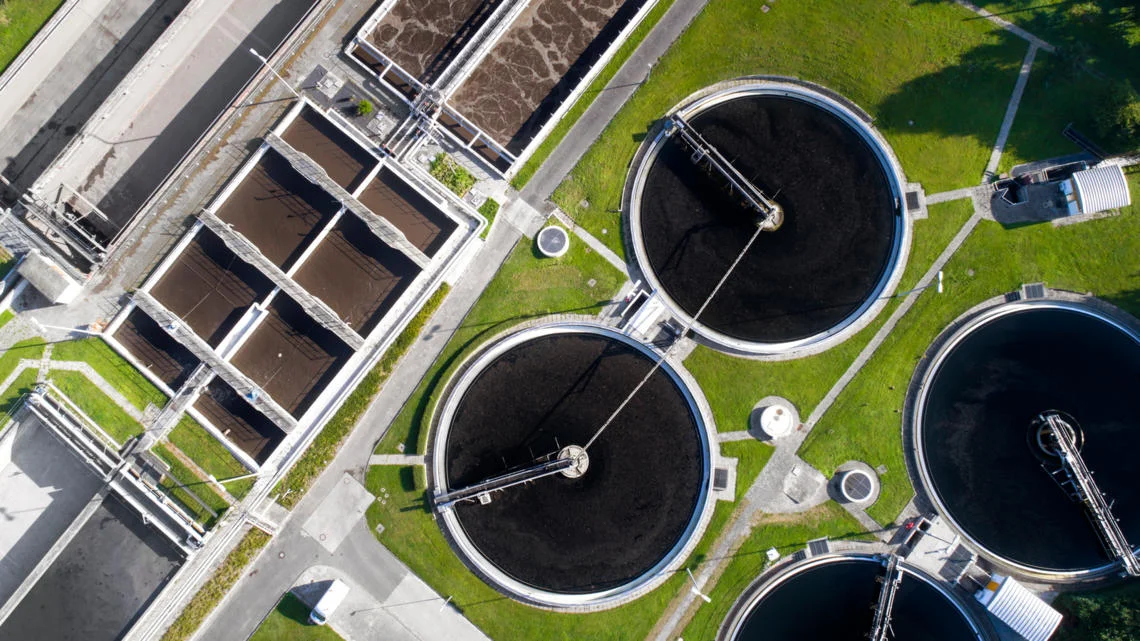Geneva/New Delhi, 23 September 2020: Industrial wastewater pollution is a key water risk for businesses and its operations. The cost of ‘business as usual’ far outweighs the cost of action to fix the problems linked to industrial wastewater pollution and misses opportunities for business to make progress on biodiversity, climate change and water security to achieve the Sustainable Development Goals (SDGs)
Today, the World Business Council on Sustainable Development (WBCSD) launched Wastewater Zero: A call to action for business to raise the ambition for SDG 6.3. This report provides a six-point action framework for businesses to address the problem of industrial wastewater pollution:
- Circularity: Incorporate principles of circularity throughout the organization.
- Targets and metrics: Establish targets and metrics based on science and context.
- Valuing water: Value water to minimize negative externalities and incentivize reuse.
- Disclosure: Improve disclosure beyond compliance.
- Partnerships: Invest in public-private partnerships.
- Value chain: Incentivize and support value chain partners.
Next steps for your business
In taking these actions, business should collaborate at sector, industrial cluster and basin levels to establish standardized and transparent mechanisms that create a common vision and monitor progress. Critical to collaboration is engagement with public authorities to create an enabling environment that provides incentives for investments in wastewater infrastructure that protects public health and the environment in a cost-effective way.
The scale of inadequate wastewater management and its impacts is significant and the risk to business is multifaceted. Wastewater pollution risk can often originate from value chain partners and manifest itself downstream, meaning that business needs to look beyond the fence to fully assess and manage risk.
This report, the action framework it articulates and the commitment towards “Wastewater Zero” it compels business to make can help businesses join us in raising the ambition for SDG 6.3 – which calls for halving the proportion of untreated wastewater and substantially increasing recycling and safe reuse.
Are you ready to step-up?
Together with the action framework provided in the report, later in 2020, WBCSD will launch a Wastewater Zero Commitment Platform, an online mechanism for business to commit to Wastewater Zero, thereby raising their ambitions for SDG 6.3. Business will quantify and qualify their commitment against three goals and report progress annually:
- Zero pollution: Releasing zero hazardous substances into the environment
- Zero freshwater: Increasing the proportion of water reused and recycled
- Low-carbon: Adopting low carbon wastewater treatment processes
In the midst of the decade of action to deliver the SDGs, it is imperative to accelerate progress on global climate targets, halt biodiversity loss and ensure enough water is readily available for domestic, industrial and agricultural requirements to help achieve sustainable development. Accelerating action on industrial wastewater treatment and reuse can support these interdependent objectives.
Taking action on wastewater is taking action on climate, biodiversity and water security. The protection of the aquatic environment, both inland and at sea, has become one of the few overarching goals of the international community with a level of awareness previously unseen. Businesses together have a direct impact on more than 70% of the water pollution and use. Consequently, the containment of discharges, planned or unplanned, authorized or not, is a must, not only for environmental protection but also for business continuity, globally.
Water-related risks, while local in nature, can disrupt business operations globally, have material cost implications and damage reputations. Addressing water-related risks is fundamental to business sustainability and its license to operate.
The time for action is now. Business needs to commit to Wastewater Zero.
Read the complete report here
For more information contact: Tom Williams
